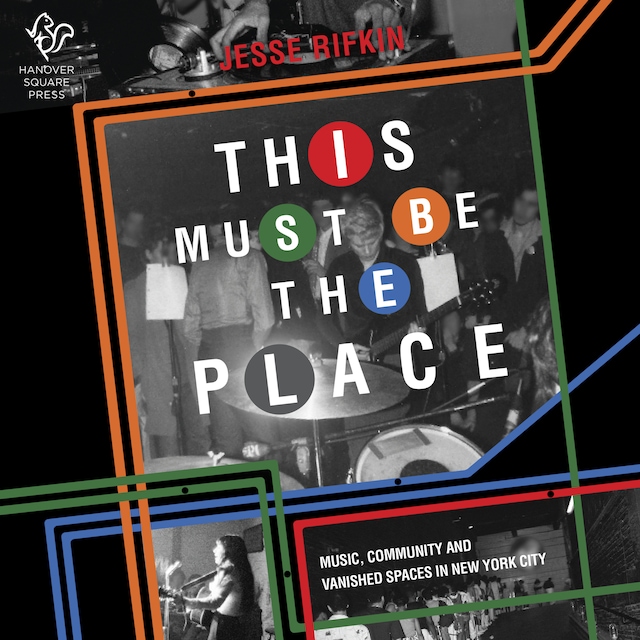
This Must Be the Place
Music, Community and Vanished Spaces in New York City
Description of book
A fascinating history that examines how real estate, gentrification, community and the highs and lows of New York City itself shaped the city’s music scenes from folk to house music.
Take a walk through almost any neighborhood in Manhattan and you’ll likely pass some of the most significant clubs in American music history. But you won’t know it—almost all of these venues have been demolished or repurposed, leaving no record of what they were, how they shaped music scenes or their impact on the neighborhoods around them.
Traditional music history tells us that famous scenes are created by brilliant, singular artists. But dig deeper and you’ll find that they’re actually created by cheap rent, empty space and other unglamorous factors that allow artistic communities to flourish. The 1960s folk scene would have never existed without access to Greenwich Village’s Washington Square Park. If the city hadn’t gone bankrupt in 1975, there would have been no punk rock. Brooklyn indie rock of the 2000s was only able to come together because of the borough’s many empty warehouse spaces. But these scenes are more than just moments of artistic genius—they’re also part of the urban gentrification cycle, one that often displaces other communities and, eventually, the musicians themselves.
Drawing from over a hundred exclusive interviews with a wide range of musicians, deejays and scenesters (including members of Peter, Paul and Mary; White Zombie; Moldy Peaches; Sonic Youth; Treacherous Three; Cro-Mags; Sun Ra Arkestra; and Suicide), writer, historian and tour guide Jesse Rifkin painstakingly reconstructs the physical history of numerous classic New York music scenes. This Must Be the Place examines how these scenes came together and fell apart—and shows how these communal artistic experiences are not just for rarefied geniuses but available to us all.
Supplemental enhancement PDF accompanies the audiobook.
Format:
Language:
English


